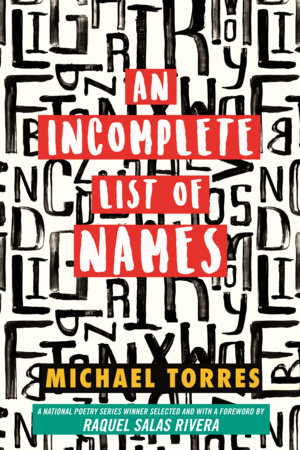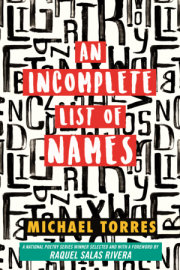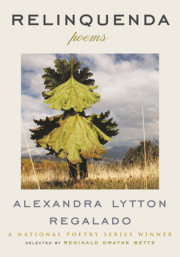Foreword by Raquel Salas Rivera
Doing Donuts in an ’87 Mustang 5.0, after My Homie Chris Gets Broken Up With
All-American Mexican
Hired as Professional Mourner at Funeral
The Pachuco’s Grandson Smokes His First Cigarette after Contemplating Masculinity
The Flame
Minutes, at the Health Clinic
Learning to Box
[Mexican] America
On Being REMEK
Down | I
Clothespins
Push
The Very Short Story of Your Knuckles
Teaching at the Prison in December
The Pachuco’s Grandson Considers Skipping School
Because My Brother Knows Why It’s Called County Blues, but Won’t Tell Me
After José Clemente Orozco’s Man of Fire
Down | II
[White] America
My Brother Is Asking for Stamps
All-American Mexican
Suspended from School, the Pachuco’s Grandson Watches Happy Days While His Homie Fulfills Prophecy
Stop Looking at My Last Name Like That
Down | III
After the Man Who Found Me Doing Burpees at the Park Said: “I Can Tell You Learned Those on the Inside.”
Ars Poetica
My Hometown as a Man Riding a Bicycle with No Chain
My Neighbor Who Keeps the Dying Things
Visits
Elegy with Puppet Strings
From My Classroom Window at the Prison, before Students Arrive
The Pachuco’s Grandson Considers the Silversun Pickups’ Album Diana Lent Him When They Last Spoke Seven Years Ago
1991
All-American Mexican
Elegy with Roll Call
Horses
Acknowledgments, Thank-Yous, and Shout-Outs
Notes










